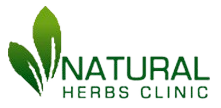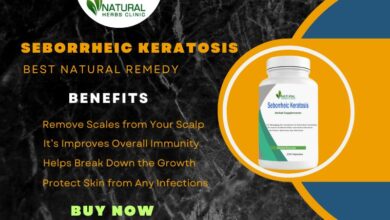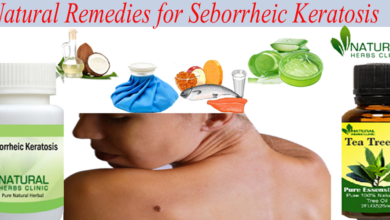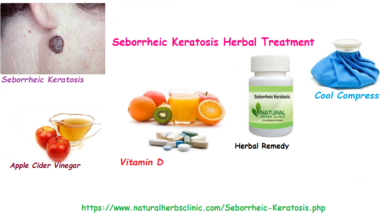The Truth About Seborrheic Keratosis Supplements: Hype or Healing?
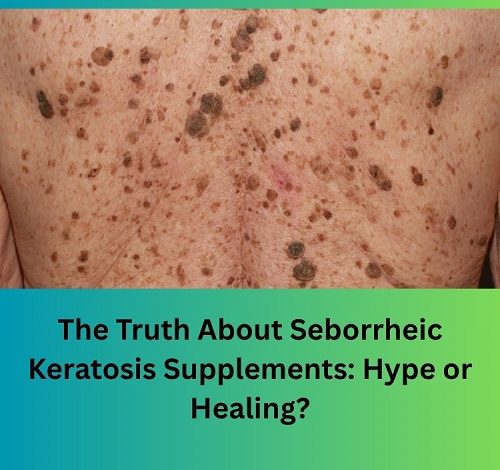
Seborrheic keratosis is a common, benign skin condition that often appears as raised, waxy, or wart-like growths, particularly in older adults. While not dangerous, these skin spots can be cosmetically troubling and lead many to seek alternative treatments beyond cryotherapy or surgery. One trend growing in popularity is the use of Best Herbal Supplements Products and Natural Remedies—but do they actually work? Let’s separate the hype from true healing potential.
What is Seborrheic Keratosis?
Seborrheic keratosis is a common, non-cancerous (benign) skin growth that usually appears as people age. These growths often look like waxy, raised, or scaly spots and can range in color from light tan to dark brown or even black. They may resemble warts, but they are not caused by viruses and are not contagious.
Key Characteristics:
- Texture: Can be rough, bumpy, or feel like they’re “stuck on” the skin
- Shape and Size: Varies from small spots to larger patches
- Location: Common on the face, chest, back, shoulders, and scalp
- Pain: Usually painless, but can itch, become irritated, or bleed if scratched or rubbed
Causes:
The exact cause is unknown, but several factors are believed to contribute:
- Aging: Most people develop them after age 40
- Genetics: Tends to run in families
- Sun exposure: May play a role, especially for lesions on sun-exposed areas
Is It Dangerous?
No, seborrheic keratosis is harmless and not linked to skin cancer. However, any sudden changes in size, color, or shape should be checked by a healthcare professional to rule out other skin conditions, including melanoma.
What Are Seborrheic Keratosis Supplements?
Seborrheic keratosis supplements are typically natural or herbal-based formulas designed to support skin health, reduce inflammation, and improve the body’s internal balance. These supplements don’t claim to “cure” seborrheic keratosis directly, but aim to reduce the appearance and recurrence of these growths by addressing possible root causes such as:
- Oxidative stress
- Poor skin regeneration
- Weakened immunity
- Internal inflammation
Some of these products fall under the category of Herbal Supplement for Seborrheic Keratosis, offering plant-based ingredients with known benefits for skin and immune health.
The Truth About Seborrheic Keratosis Supplements
Seborrheic keratosis is a harmless but often bothersome skin condition that appears as raised, waxy, or scaly growths, usually in middle-aged or older adults. While these spots aren’t dangerous, many people seek ways to reduce or prevent them—especially through natural options like seborrheic keratosis supplements. But do these supplements really work, or is it all just hype?
Let’s explore the facts.
What Can They Actually Do?
It’s important to be realistic. These supplements do not remove existing seborrheic keratosis growths, and they are not a cure. However, they may help in the following ways:
- Support overall skin health
- Reduce the chance of new growths forming
- Promote better immune function and skin cell turnover
- Help reduce inflammation and skin irritation
In other words, while they’re not a magic fix, they can be part of a holistic, long-term strategy to maintain clearer, healthier skin.
Should You Try Them?
If you’re looking for a natural way to support your skin, herbal supplements for seborrheic keratosis may be worth considering—especially when combined with good skincare, a healthy diet, and sun protection. They are generally safe when taken as directed, but it’s always smart to:
- Check with your doctor before starting any new supplement
- Choose high-quality, third-party-tested products
- Be patient, as results may take weeks or even months to appear
Herbal Treatment for Seborrheic Keratosis: Is It Effective?
Seborrheic keratosis is a common skin condition characterized by rough, waxy, or wart-like growths on the skin. Though harmless, these spots can be unsightly and bothersome. While medical procedures like cryotherapy or laser treatment are often used to remove them, many people are turning to herbal treatments for seborrheic keratosis as a gentler, more natural alternative. But how effective are these herbal options?
What Is Herbal Treatment for Seborrheic Keratosis?
Herbal treatment for seborrheic keratosis typically involves using plant-based ingredients known for their skin-healing, anti-inflammatory, and detoxifying properties. These treatments may come in the form of topical oils, creams, or oral supplements. The goal is to support skin health from the inside out and potentially reduce the appearance or recurrence of these growths.
Related Article: Seborrheic Keratosis – A Fairly Common Skin Lesion
Common Herbs and Natural Ingredients Used
Some of the most popular ingredients in herbal remedies include:
- Tea Tree Oil: Known for its antibacterial and anti-inflammatory effects. Often applied topically to help soothe irritated skin.
- Apple Cider Vinegar: Used by some as a home remedy for skin growths due to its acidic properties, though evidence is limited.
- Turmeric (Curcumin): A powerful anti-inflammatory and antioxidant that supports overall skin health.
- Milk Thistle: Often included in herbal supplements for seborrheic keratosis due to its liver-supporting and detoxifying effects.
- Aloe Vera: Used both topically and internally to soothe skin and reduce inflammation.
Are Herbal Treatments Effective?
While there is no clinical proof that herbal remedies can remove seborrheic keratosis, many users report improvements in skin texture, tone, and reduced irritation. These treatments may:
- Help maintain healthier skin
- Support the body’s natural healing processes
- Reduce inflammation and oxidative stress
- Minimize further development of growths
It’s important to remember that effectiveness can vary from person to person. Some people see noticeable results, while others may not experience any change.
So, Is It Hype or Healing?
Seborrheic keratosis supplements aren’t miracle cures, but calling them mere “hype” would also be unfair. While they won’t remove existing growths overnight, they can:
- Support healthier skin function
- Reduce inflammation and oxidative stress
- Possibly prevent future outbreaks when taken consistently
Ultimately, these supplements may offer real benefits as part of a holistic approach to skin care and aging.
Related Article: To Get rid of Seborrheic Keratosis Utilize Natural Remedies
What to Know Before You Try
Before adding any supplement to your daily routine:
- Consult a healthcare provider, especially if you’re on medications or managing chronic conditions
- Choose high-quality, third-party-tested supplements to ensure safety and potency
- Be patient and consistent—results may take several weeks or months
- Don’t rely solely on supplements; integrate them with good skincare, sun protection, and a balanced diet
Final Thoughts
When it comes to seborrheic keratosis supplements, the truth lies somewhere in between hype and healing. They may not be a cure, but they can play a valuable role in supporting your skin from the inside out. By combining these natural options with healthy habits, you may be able to reduce the appearance of Natural Remedies for seborrheic keratosis and improve your overall skin health.
So, are seborrheic keratosis supplements worth trying? If you’re seeking a natural, supportive solution with long-term benefits, the answer just might be yes.
